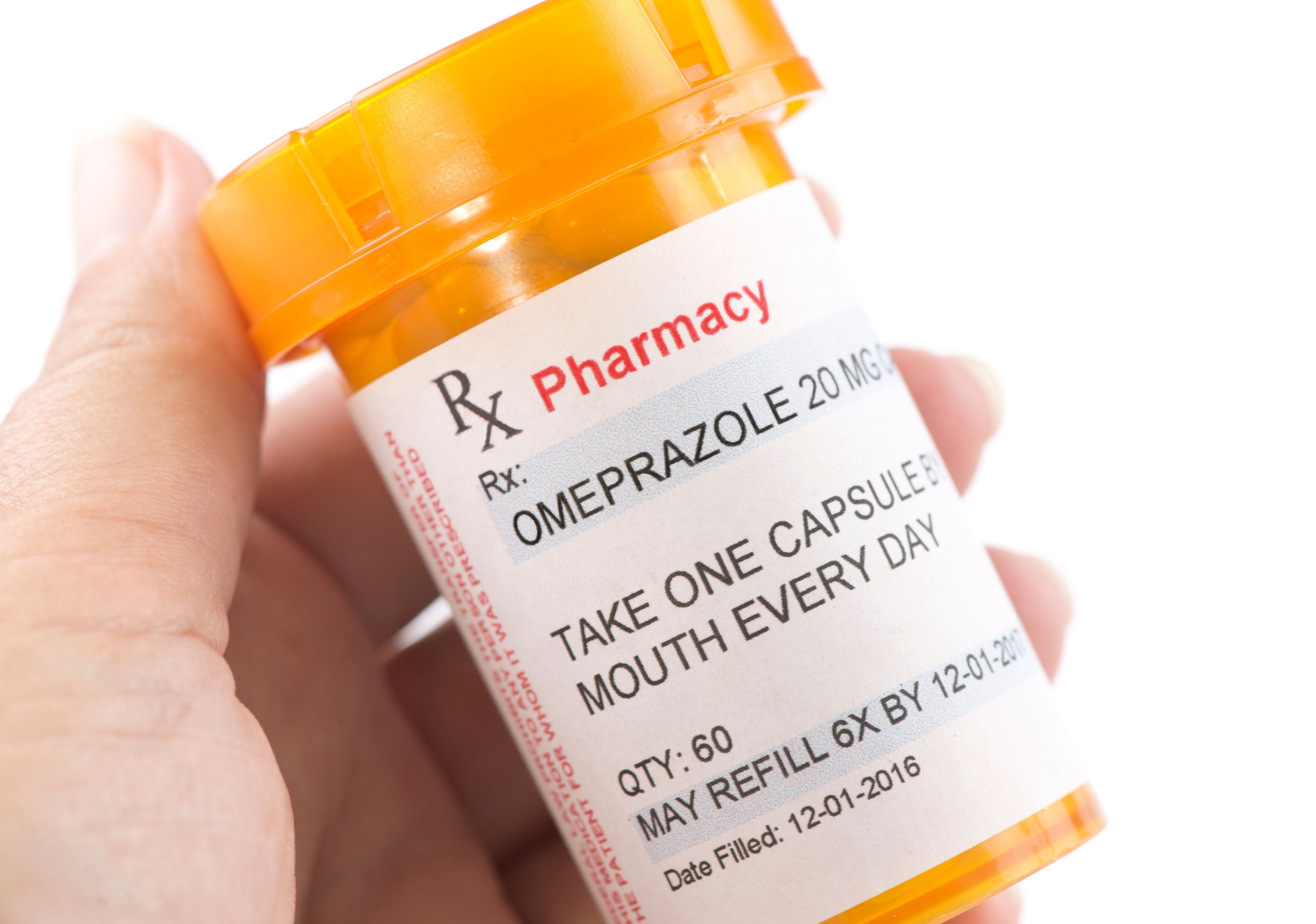
Discover why alginate is an effective alternative to Proton Pump Inhibitors for acid reflux relief with RefluxRaft's natural solutions.
Have you ever felt that burning sensation in your chest after a meal? That could be acid reflux, a condition where stomach acid flows back into the esophagus, causing discomfort. While many people reach for Proton Pump Inhibitors (PPIs) to manage this, there's another option: alginate products. These natural remedies have been gaining attention for their role in acid reflux management. This article will dive into the benefits of alginate compared to PPIs, and why you might consider making the switch.
Understanding Acid Reflux: Symptoms and Common TreatmentsAcid reflux is a common condition that can cause symptoms such as:
- Heartburn - a burning feeling in the chest or throat
- Regurgitation - a sour or bitter-tasting acid backing up into your throat or mouth
- Bloating
- Burping
- Nausea
- Hiccups that don't let up
- Difficulty swallowing
Many people manage these symptoms with lifestyle changes like eating smaller meals, avoiding certain foods, and not lying down right after eating. Medications are also common, with PPIs being a popular choice. PPIs work by reducing the amount of acid produced by the stomach lining.
The Popularity and Pitfalls of Proton Pump Inhibitors
PPIs have become a go-to solution for many people suffering from acid reflux. These medications work by reducing the amount of acid produced in the stomach, easing the common burning feeling. Despite their effectiveness, PPIs are not without concerns, especially when used over a long period. Some potential side effects include:
- Kidney problems
- Nutrient deficiencies
- Gastrointestinal infections
- Bone fractures
Recent studies have raised questions about the safety of long-term PPI use. For instance, a research article published in the National Institutes of Health database highlights the association between prolonged PPI use and increased risk of kidney disease.
Despite these concerns, PPIs remain widely used. Data from the American Gastroenterological Association shows that millions of Americans are prescribed PPIs each year, underlining their popularity in managing acid reflux.
Alginate as an Alternative: Mechanism and Effectiveness
Alginate offers a different approach to managing acid reflux. Unlike PPIs, alginate products work by forming a protective barrier on top of stomach contents. This barrier prevents stomach acid from rising up into the esophagus, which can help soothe the throat and reduce discomfort. Here's how alginate stands out:
- It doesn't reduce stomach acid, which means it avoids the potential side effects related to acid suppression.
- It can provide quick relief, as the barrier forms as soon as it interacts with stomach acid.
Several studies have examined the effectiveness of alginate in acid reflux management. A study published in the World Journal of Gastroenterology found that alginate was just as effective as certain PPIs in reducing symptoms of gastroesophageal reflux disease (GERD), a common form of acid reflux. This makes alginate a compelling alternative for those looking for different treatment options.
Side Effects Showdown: Alginate vs. PPIs
When choosing a treatment for acid reflux, understanding the side effects is crucial. Here's a comparison of side effects between alginate products and PPIs:
- PPIs: Common side effects may include headaches, nausea, diarrhea, stomach pain, and a risk of vitamin and mineral deficiencies over time. More serious concerns include an increased risk of kidney disease, bone fractures, and infections.
- Alginate products: They are generally considered safe with fewer side effects, which might include mild stomach discomfort or an allergic reaction in rare cases.
For a more in-depth understanding, consult your doctor or authoritative medical sources such as the Mayo Clinic or WebMD.
Transitioning to Alginate: What to Consider
If you're considering switching from PPIs to an alginate treatment for acid reflux, here are some steps to follow:
- Talk to a healthcare professional to discuss your specific situation and get personalized advice.
- Know that alginate works differently from PPIs, forming a barrier to prevent reflux, rather than reducing stomach acid production.
- Gradually reduce your PPI dosage as recommended by your doctor to minimize any potential rebound acid production.
- Monitor your symptoms and report any changes to your healthcare provider.
For expert opinions on making the switch, visit reputable health websites or check with a pharmacist.
Alginate Success Stories
Many individuals have found relief from acid reflux through alginate products. While each person's experience is unique, here are some shared benefits:
- Improved quality of life with fewer instances of heartburn.
- Reduction in reliance on traditional medications.
- Feeling of natural relief without the harsh side effects.
Check out some user reviews on our product pages here.
Final Thoughts and Consulting Healthcare Professionals
In summary, while alginate products offer a promising alternative to PPIs, it's important to make any treatment changes under the guidance of a healthcare professional. They will help you weigh the benefits and considerations unique to your health needs.
Meet RefluxRaft: Your Natural Alginate-Based Solution
RefluxRaft is a natural alginate option designed to help manage acid reflux. Here's why it might be right for you:
- Natural ingredients for a gentler approach.
- Designed to provide relief by forming a protective barrier against acid reflux.
- Supports a balanced digestive system.
To learn more about RefluxRaft and the science behind our products, click here.
